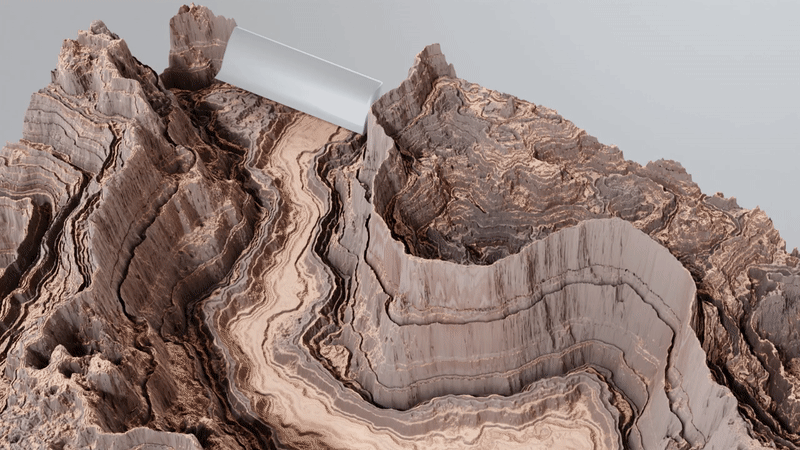This repository contains the code for our NeurIPS paper Guaranteed Conservation of Momentum for Learning Particle-based Fluid Dynamics. Our algorithm makes it possible to learn highly accurate, efficient and momentum conserving fluid simulations based on particles. With the code published here, evaluations from the paper can be reconstructed, and new models can be trained.
Please cite our paper if you find this code useful:
@inproceedings{Prantl2022Conserving,
title = {Guaranteed Conservation of Momentum for Learning Particle-based Fluid Dynamics},
author = {Lukas Prantl and Benjamin Ummenhofer and Vladlen Koltun and Nils Thuerey},
booktitle = {Conference on Neural Information Processing Systems},
year = {2022},
}
Used environment: python3.7 with CUDA 11.3 and CUDNN 8.0.
- Install libcap-dev:
sudo apt install libcap-dev - Install cmake:
sudo apt install cmake - Update pip:
pip install --upgrade pip - Install requirements:
pip install -r requirements.txt - Tensorpack DataFlow
pip install --upgrade git+https://github.com/tensorpack/dataflow.git
Optional:
- Build FPS/EMD module
cd utils; make; cd .. - Install skia for visualization:
python -m pip install skia-python
- WBC-SPH: https://dataserv.ub.tum.de/index.php/s/m1693614
- Liquid3d (source): https://drive.google.com/file/d/1b3OjeXnsvwUAeUq2Z0lcrX7j9U7zLO07
- WaterRamps (source):
bash download_waterramps.sh PATH/TO/OUTPUT_DIR
The pretrained models are in the checkpoints subfolder.
Run a pretrained mode by setting the path to the checkpoint with the ckpt_path argument.
For example:
python run_pipeline.py --cfg_file configs/WBC-SPH.yml \
--dataset_path PATH/TO/DATASET \
--ckpt_path checkpoints/WBC-SPH/ckpt \
--split testSimple 1D test run (data will be generated):
python run_pipeline.py --cfg_file configs/column/hrnet.yml \
--split trainRun with 2D pipeline:
python run_pipeline.py --cfg_file configs/WBC-SPH.yml \
--dataset_path PATH/TO/DATASET \
--split trainpython run_pipeline.py --cfg_file configs/WBC-SPH.yml \
--dataset_path PATH/TO/DATASET \
--split test \
--pipeline.data_generator.test.time_end 800 \
--pipeline.data_generator.valid.time_end 800 \
--pipeline.data_generator.valid.random_start 0 \
--pipeline.test_compute_metric trueNote: The argument pipeline.data_generator.test.time_end, pipeline.data_generator.valid.time_end, pipeline.data_generator.valid.random_start, and pipeline.test_compute_metric are examples how to overwrite corresponding entries in the config file.
The ...time_end parameter account for the number of frames used for inference and evaluation. We used a value of 3200 for the WBC-SPH data set, 600 for WaterRamps, and 200 for Liquid3d.
The generated test files are stored in the pipeline.output_dir folder, specified in the config file. The output files have a hdf5 format and can be rendered with the utils/draw_sim2d.py script.
Rendering of a small sample sequence:
python utils/draw_sim2d.py PATH/TO/HDF5_FILE OUTPUT/PATHRendering of individual frames:
python utils/draw_sim2d.py PATH/TO/HDF5_FILE OUTPUT/PATH \
--out_pattern OUTPUT/FRAMES/{frame:04d}.png \
--num_frames 800python run_pipeline.py --cfg_file configs/WBC-SPH.yml \
--dataset_path PATH/TO/DATASET \
--split validCode and scripts are under the MIT license.
Data files are under the CDLA-Permissive-2.0 license.

